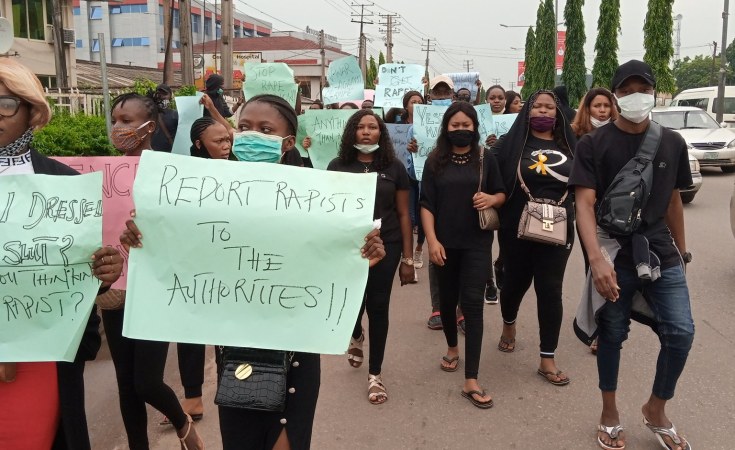Harare — Both men and women are victims, survivors and perpetrators of violence. However, statistics shows that overwhelmingly, violence and discrimination is directed against women and girls, according to the African Union (AU).
In Africa, the most prevalent forms of Violence Against Women and Girls (VAWG) reported and documented, include, Intimate Partner Violence (IPV), which manifests in physical, sexual or psychological violence by an intimate partner; Female Genital Mutilation (FGM), which is a common cultural practice in some parts of Africa - early child and forced marriage where girls below 18 years are forced into marriage; as well as Sexual Violence in Conflict (SVC) which includes rape, sexual assault with violent physical assault, kidnapping, sexual slavery and forced prostitution in conflict situations.
Majority of violence against women and girls is perpetrated by men. While most men may never condone the use of violence, the fact is that men are overwhelmingly the perpetrators. This status quo is often heightened in times of socio-economic crises, such as that experienced during the Covid-19 pandemic which had a dramatic increase in gender-based violence that was referred to as the shadow pandemic.
In recent times, there has been a greater realization that sustainable impact can only be achieved through collective actions and response mechanisms that involve men and boys.
Gender transformative approaches have increasingly sought to interrogate and understand men and masculinities, as well as to analyse the experiences, attitudes, roles, and responsibilities of men and boys, and how these influence behaviour, social norms, policy-making, and gender equality.
Positive masculinity is a critical lens through which we can reshape masculinities in ways that promote healthy, peaceful, individual and social well-being for all.


